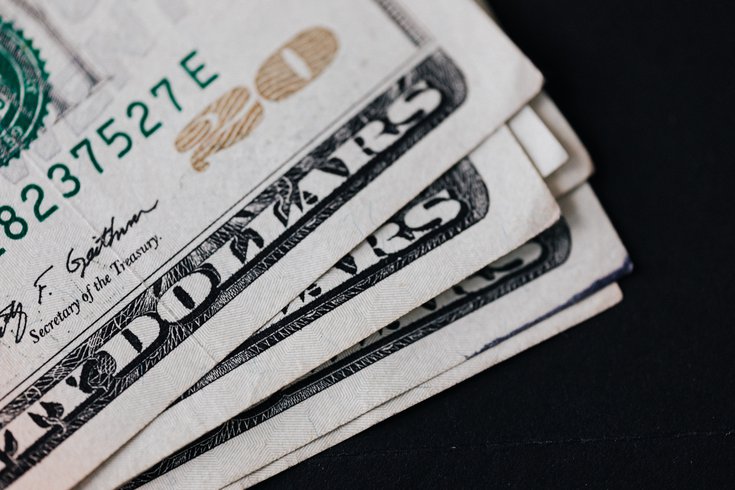
July 12, 2022
 Karolina Grabowska/Pexels.com
Karolina Grabowska/Pexels.com
A home owner in Wildwood found about $1,000 in rolled up bills, all from 1934, while doing work on his property last week.
A man clearing debris from the yard of his Wildwood cottage made an unusual discovery last week, unearthing rolled up U.S. currency that had been stowed away during the Great Depression.
Rich Gilson had rented a mini-excavator to remove rocks and weeds from the property on West Andrews Avenue last Friday, when he came across two small tubes fashioned out of brown paper and rubber bands. At first, Gilson thought the rolls were weeds and dumped them into a pile with other debris.
But when Gilson resumed working on Sunday, after a rainy Saturday, he got another look at one of the tubes and noticed a shade of green inside it.
“It looked like little mini-cigars all bound up together," Gilson told NJ.com. "As I broke it apart, I started to see what it was.”
The two small tubes each contained rolls of $20 and $10 bills, some of them still in great condition. The rolls together added up to about $1,000.
Gilson said the rolls had been beneath the porch of the 1920s-era home, which he purchased with his wife about four years ago. The area would have been accessible through a crawlspace.
Notably, all of the bills were dated 1934 Series A and appear to have been printed at the same time.
"Either somebody during the Depression closed their bank account because they didn’t trust it and decided to bury it under the house or somebody stole it and was trying to hide it and his last thought before he died was ‘oh that money, I forgot about it,'” Gilson told CBS3.
A man found $1,000 dollars while digging up his yard in Wildwood. He says the bills are from 1934 and would have been worth $20k back then! @CBSPhilly pic.twitter.com/KqFo2XxJUn
— Jasmine Payoute (@jpayoute) July 11, 2022
Most $20 and $10 bills from 1934 are worth their equivalent value today, unless they're in excellent condition with a high Mint State grade. But given the time period involved, adjusting for inflation, the value of $1,000 in 1934 would have been more like $21,800 today.
During the Great Depression, Wildwood's economy suffered from lack of demand for hotels and resorts. The shore town turned to events like fishing contests and boat races, and even held the Miss America Beauty Pageant in 1932 when Atlantic City deemed it too "immoral," according to the National Park Service. The town's tourist business had mostly recovered by the end of the decade, but Wildwood soon became home to a Naval Air Station during World War II that survives today as Cape May Airport.
Gilson hopes to learn more about the history of the property he owns to better understand where the money might have come from. He said he doesn't plan on spending it, considering that the bills are out of the ordinary.